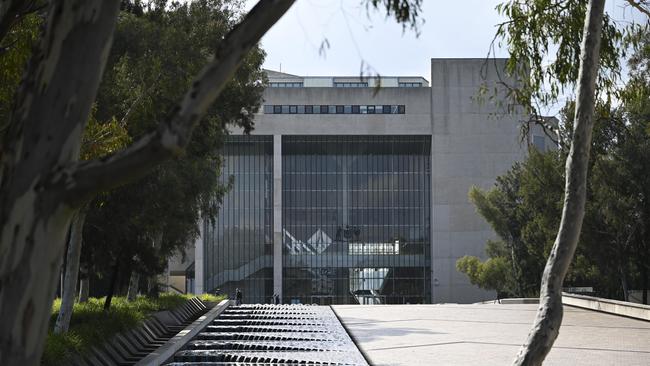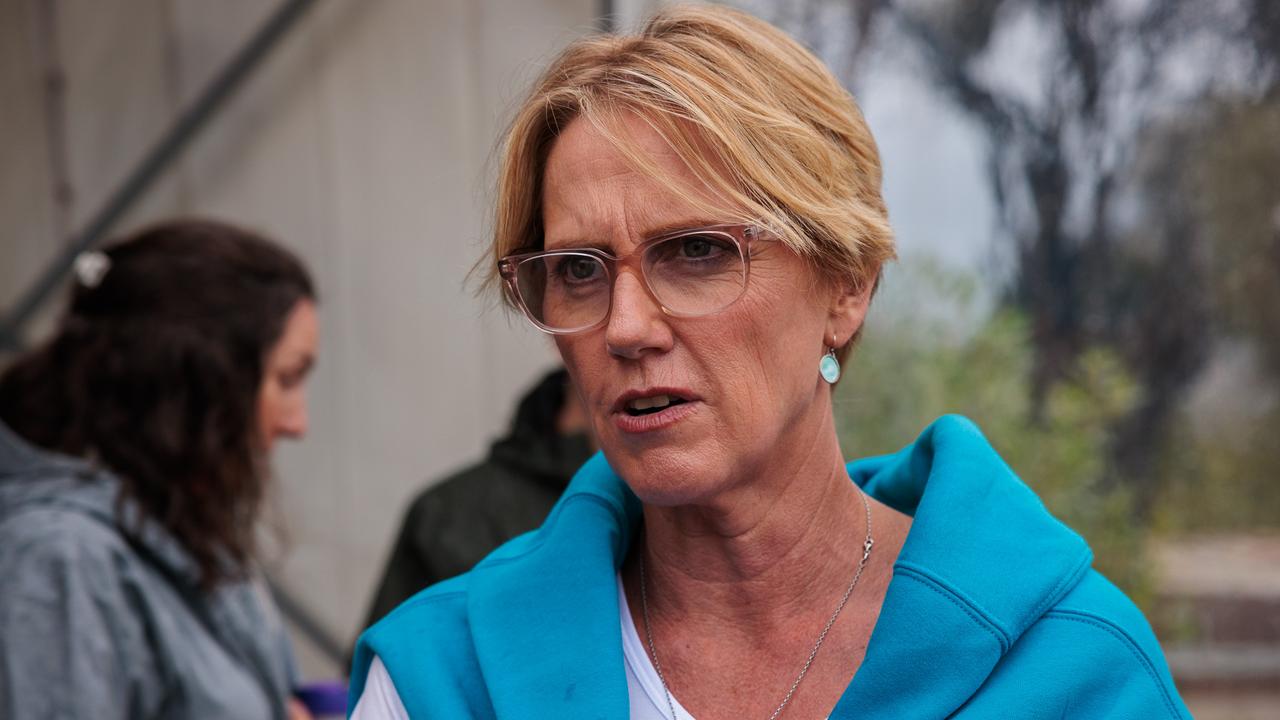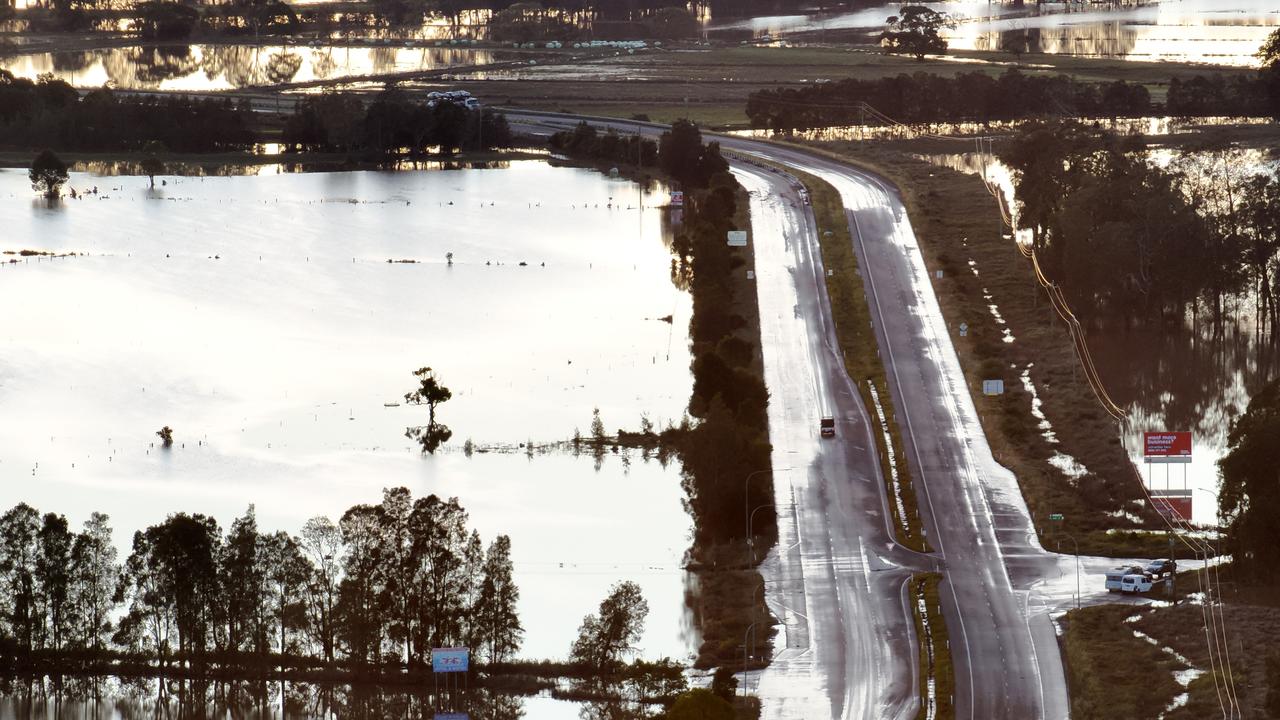More detainees could be set free under another High Court challenge
The Albanese government is seeking to avert another wave of detainees using the NZYQ ruling to be released from immigration detention, in a High Court battle that could allow more foreign criminals to walk free.

The Albanese government is seeking to avert a wave of detainees using the NZYQ ruling to be released from immigration detention, in another High Court battle that could pave the way for more foreign criminals to walk free into the community.
Lawyers representing two foreign drug offenders will argue on Thursday the limits of the landmark ruling should extend to immigrant detainees who have been found to be owed protection but remain behind bars because they are waiting on a visa application.
As Labor reels from a year of political turmoil over migration and constitutional issues, The Australian can reveal the government quietly released a Vietnamese drug offender at the centre of the case into the community last month. The man, known as DBD24, was granted a protection visa and released on October 1, court documents show.
His lawyers will argue in the nation’s highest court on Thursday that his incarceration has been illegal since the old Administrative Appeals Tribunal set aside his visa rejection in December, raising the potential for compensation if the case is successful.
“The issue raised by question one is whether the limitation in NZYQ v Minister for Immigration, Citizenship and Multicultural Affairs extends to a situation where an unlawful non-citizen is detained pending determination of an extant visa application where there is a “protection finding” in respect of that person,” the court documents said.
DBD24, who claims he cannot be deported because he could face the death penalty because of his history of drug crimes, his Christianity and anti-government activism, is seeking the same “relief” as the second claimant, a Polish drug dealer who served 10 years in an Australian prison for his role in an importation scheme.
The Polish national, known as CZA19, was released on a bridging visa in April after he lodged wrongful imprisonment proceedings, claiming that he could not be returned home because he would be a target for criminal gangs. In a move that raises the stakes for the Albanese government, a South Sudanese asylum seeker – who is leading a class action of other detainees stuck in immigration limbo as they wait for visa decisions – will seek to provide evidence supporting DBD24 and CZA19 in the High Court case.
After launching legal action in the Federal Court in December, the man, known as LPSP, was granted a protection visa but he has continued his court action “on his own behalf and on behalf of all persons who … were from South Sudan and had been detained following a protection finding”.
If the class action is successful it could trigger the release of South Sudanese nationals in detention in the same circumstances, and their incarceration could be found to be illegal making them eligible for compensation.
Opposition immigration spokesman Dan Tehan said the latest High Court challenge was concerning, calling on Labor to “start cleaning up its immigration mess, not make it worse”.
“The government has made such a mess of immigration that they’re now forced to roll the dice on appeals to the High Court,” he said. “This is potentially very dangerous because it could see more detainees out on our streets, especially when all of them at the moment aren’t subject to ankle bracelets and curfews.
“We warned of the cascading effect that NZYQ might have; this is another example of that.”
The latest constitutional challenge comes a week after the High Court ruled in the YBFZ case that the requirements for the NZYQ cohort to abide by ankle monitoring and curfews were punitive and unjustifiable.
The decision prompted Home Affairs and Immigration Minister Tony Burke to introduce legislation imposing a new “community protection test” to allow the government to continue enforcing visa conditions on the former detainees.
Attorney-General Mark Dreyfus, who applied for the cases to be elevated from the Federal Court to the High Court earlier this year, did not comment.





To join the conversation, please log in. Don't have an account? Register
Join the conversation, you are commenting as Logout